Photo by Tariq Zaidi
Rob Henry is an independent filmmaker with a passion for social justice and human rights. He has just released his feature-length documentary called ‘As Worlds Divide‘, that was filmed over 8 years on the Islands of Mentawai, Indonesia.
Rob showcases an intimate journey inside the lives of an Indigenous people who are losing connection with their land and culture. The impacts are devastating, but for the Mentawai there is hope amidst a small community of tribes-people still living traditionally and abundantly in the forest.
We caught up with Rob on the road in Australia as he showcases ‘As Worlds Divide’.
1. How did you come to be involved with the Mentawai people?
It was a progression of circumstance, really.
In 2008, I was feeling fed up with all the greed invoked by our capitalist driven system — culminated by the collapse of the global economy and the impact this was having on our society. I decided to leave Melbourne and go in search of a more meaningful and sustainable way to live.
A few months after resigning from my job, an opportunity arose to travel to the Mentawai Islands to help at a surf resort — making films of the guests in exchange for lodging and daily meals. An incredible and very privileged opportunity, however I found my attention was captured by the Mentawai people rather — by the way they lived and their connection to the land. So much so that I left the resort after just 8 weeks and began living with the local community.
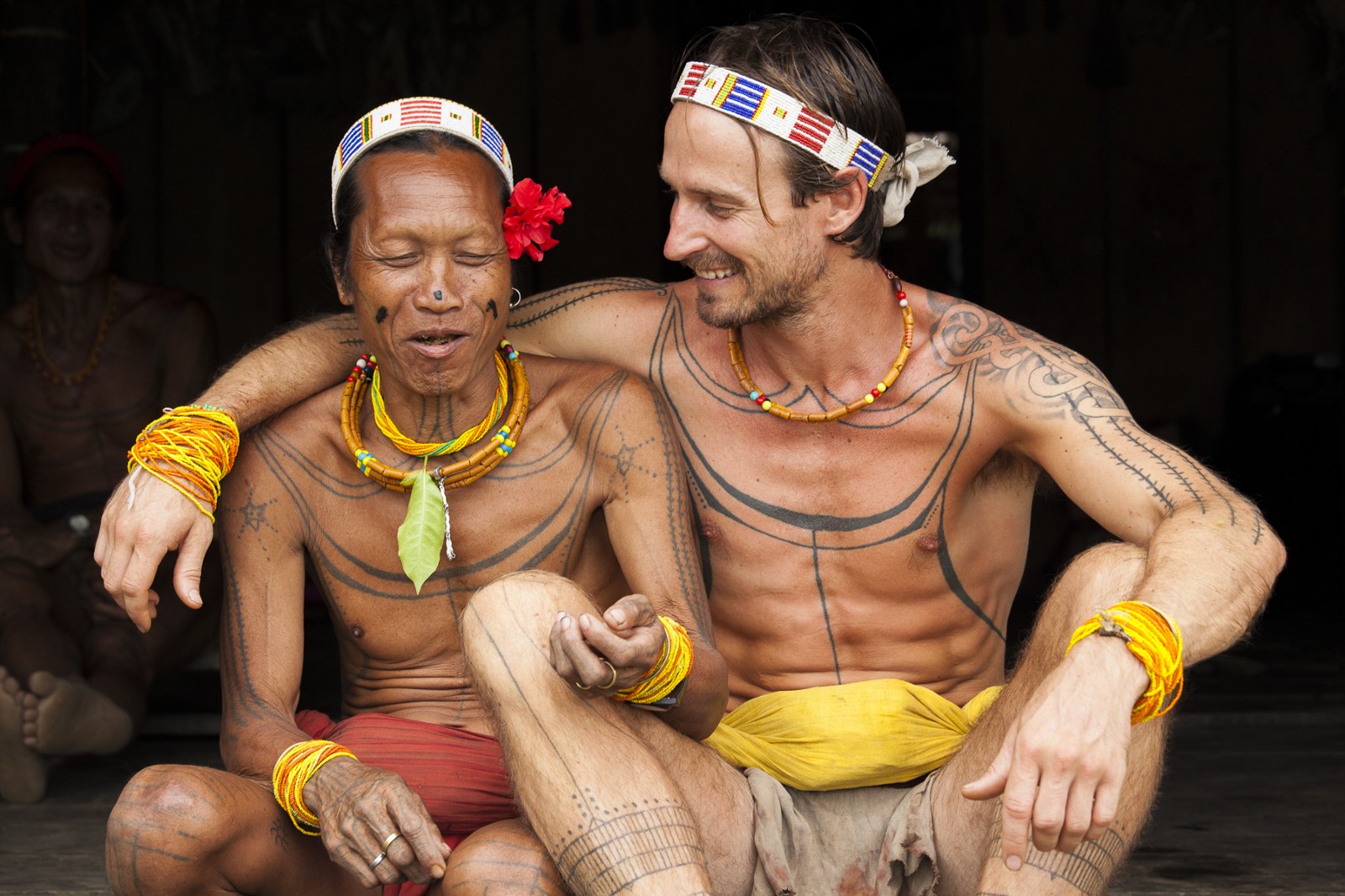
Photo by Tariq Zaidi
2. Why is it important to tell the story of the Mentawai culture?
The Mentawai are one of the world’s last remaining hunter-gatherer tribespeople. Their knowledge of the plants, animals and their local ecosystems, developed over thousands of years and intricately woven into a cultural and subsistent way of life, is now under threat and facing extinction. The impact of globalization and deforestation is destroying their way of life at a very alarming rate.
The Indonesian government’s assimilation programs were introduced to the Islands as recently as 1954 — shortly after Indonesia became independent and claimed Mentawai as their own. Today, almost 99% of indigenous Mentawai have been resettled into government villages — displaced from their culture and land. The impact on the health and wellbeing of these people is devastating.
The Mentawai story is important, not just for the future of their indigenous community, but for that of displaced communities all over the world fighting for their right for cultural recognition.
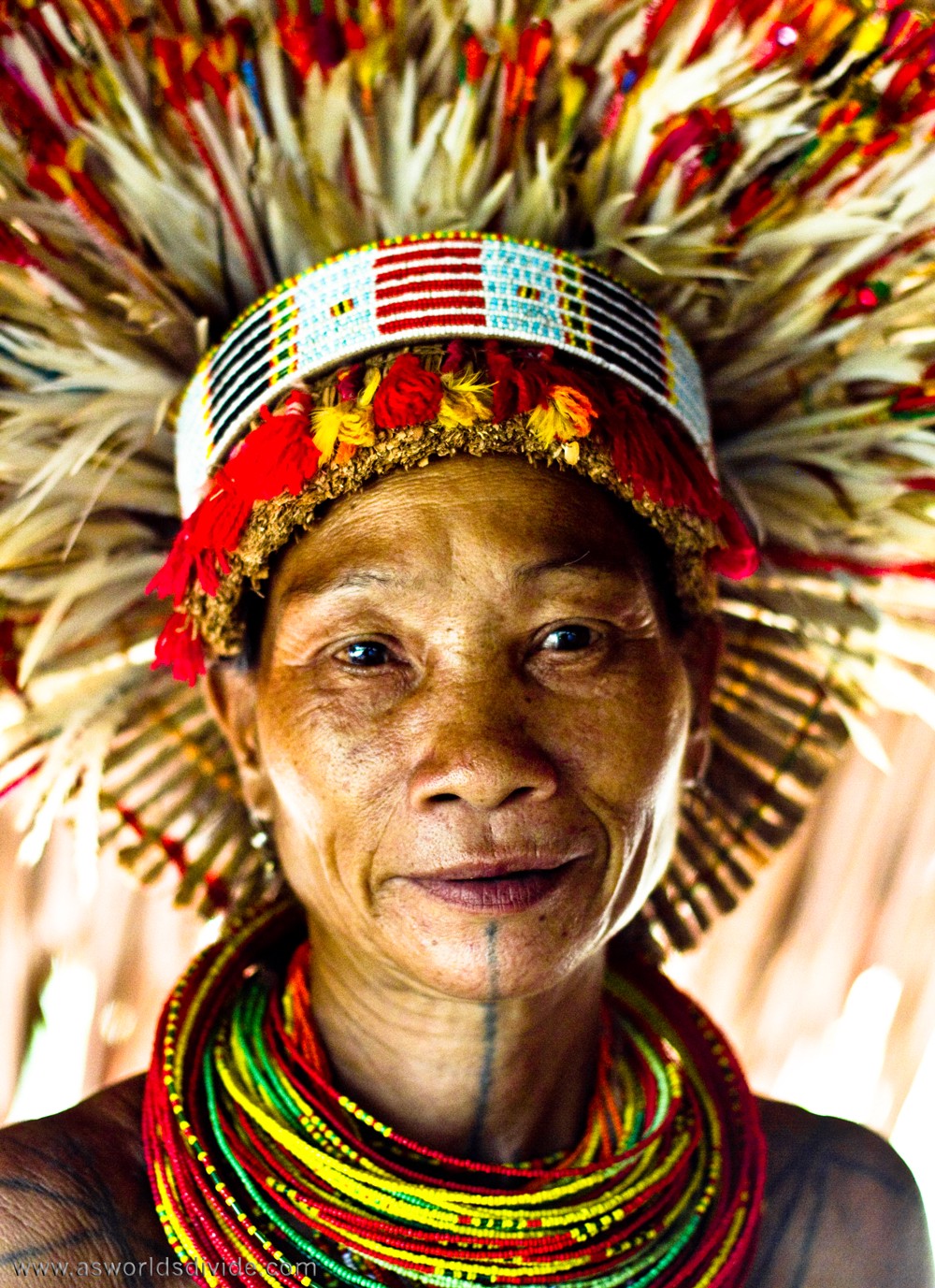
3. How long did you live with the community for and what were your biggest learnings?
On that first expedition I lived with the community for about 18 months, before returning to Australia to gather my thoughts and find perspective on all that I’d seen and experienced. I travelled back to Mentawai soon after and have been living there on and off now for almost a decade.
With regards to learnings, I’d say the biggest would be just how integral the connection to culture and land is in sustaining good health and wellbeing for an Indigenous people, or any group of people for that matter. Beyond the practicalities — where the land provides food, water, medicines, building resources and so forth — the sense of belonging to a community and of having purpose and belief is such a critical ingredient in the makeup of one’s physical and mental health. For the Mentawai, maintaining a strong connection to their indigenous culture is what shields them from destitution.
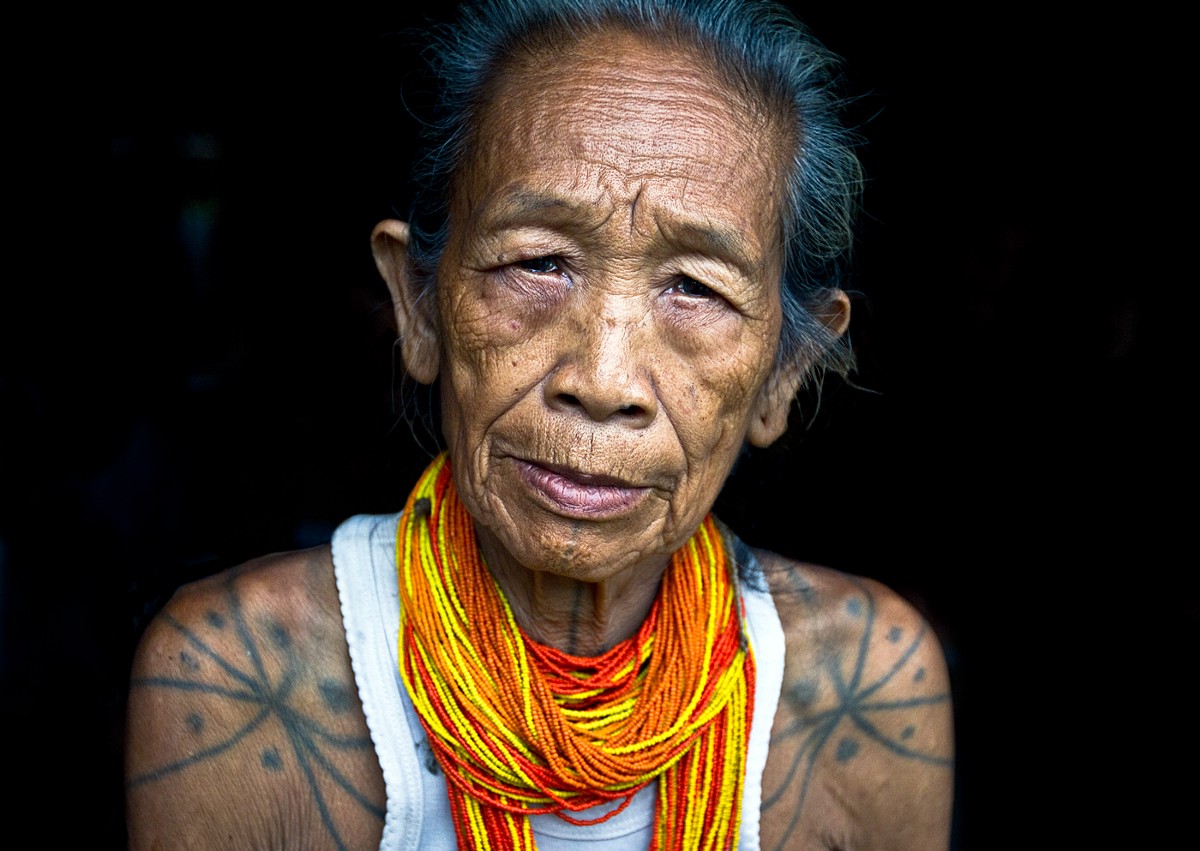
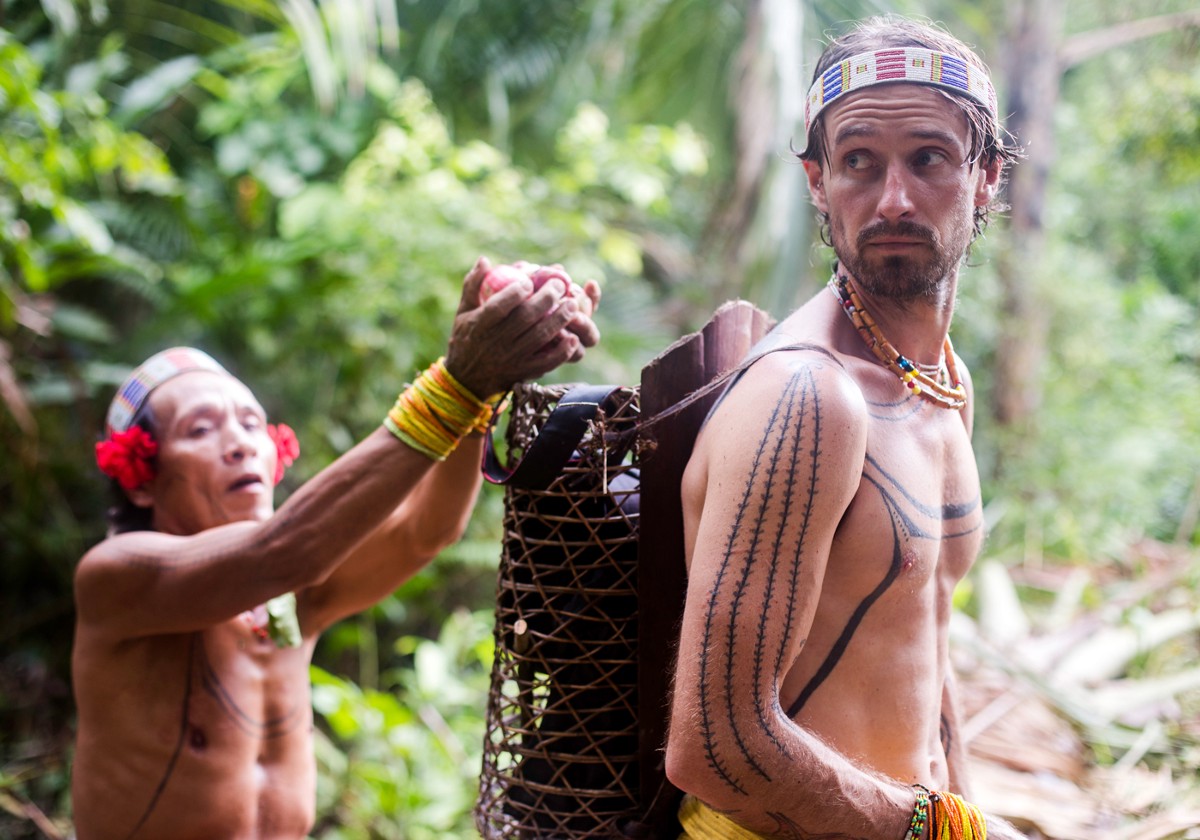
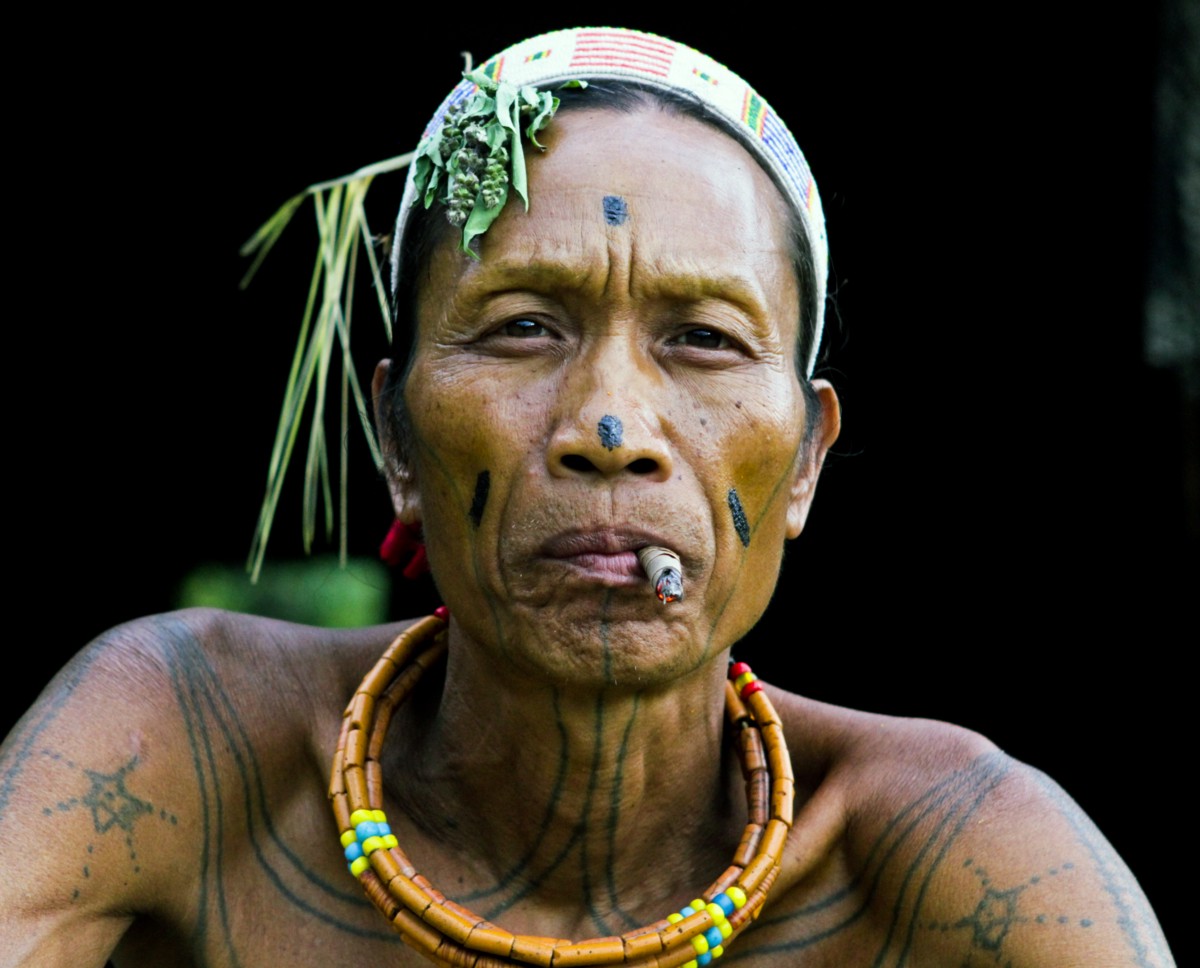
4. What is the most unique experience from your time with the Mentawai people?
There have been many eye-opening moments living with the Mentawai — particularly relating to their ceremonies, rituals and outlook on life and death. One occasion that stands out was when my Mentawai father almost lost his life to tuberculosis. An experience I’ll never forget. I had arrived at the Uma (clan home) to find him extremely frail and literally days from death. They were amidst a Mentawai cultural healing ceremony, but it seemed futile against this overpowering, cadaverous Western disease. That evening they turned to me for guidance, asking “What should we do?” I wanted to take him down river to the health clinic. Conscious that there is a consequence for all intervention, there was so much to consider and so little time. This was quite an emotional experience, spanning more than a week. In fact, rather than providing you a truncated summary here, if you are interested in reading the full story — please click here: http://www.asworldsdivide.com/archives/2772
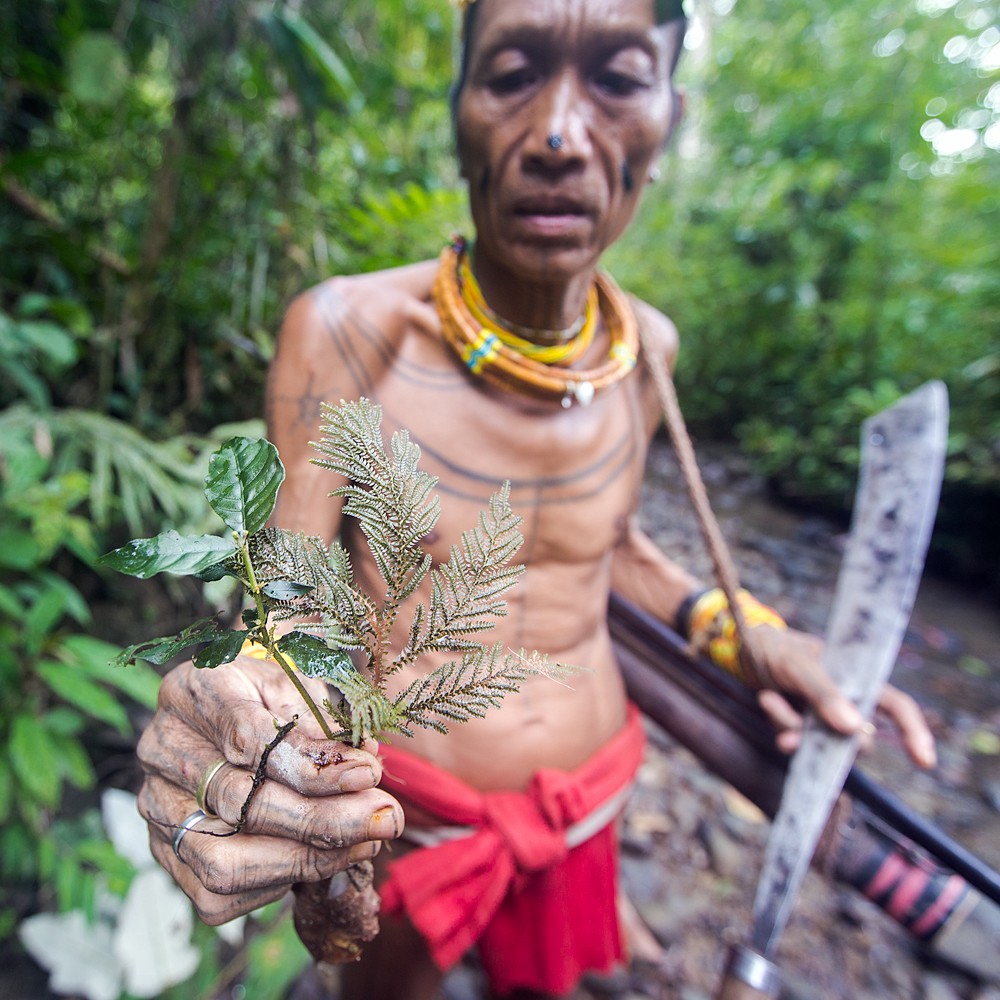
5. What is the aim of the Indigenous Education Fund (IEF)?
IEF was established because the Mentawai community had founded an educational solution to preserve their indigenous culture, but had no way to access funding or support to get it off the ground. The aim of IEF is to empower displaced Indigenous groups wanting to reconnect with their cultural practices and knowledge as a means to enrich their lives, develop sustainably and prevent long-term poverty.
We’re very much focused on the Mentawai community and their indigenous education program at the moment, but we envision this model being applicable to displaced communities all around the world.
IEF’s long-term mission is to provide these communities with the tools they require to empower and facilitate their cultural-based initiatives — to achieve their goals.
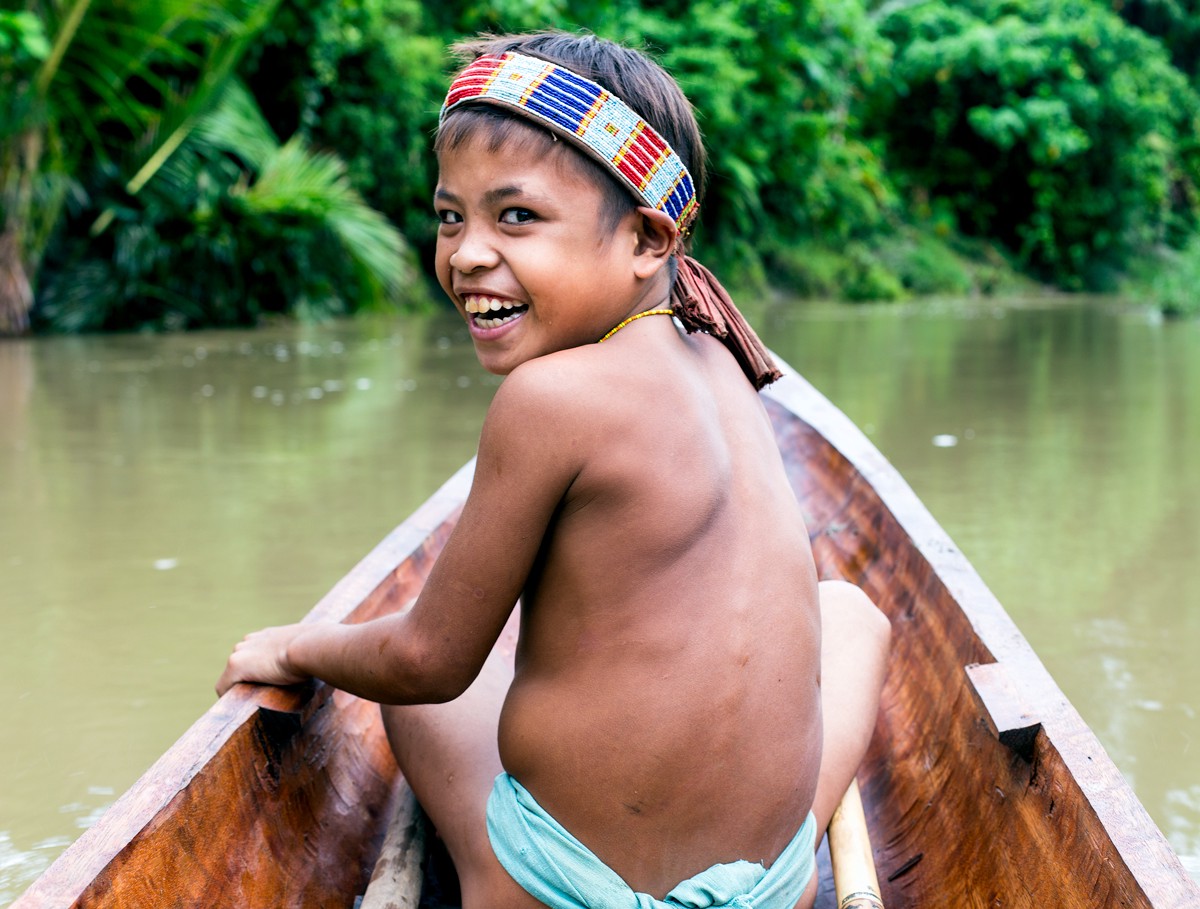
6. What is the next part of your mission in making a difference to Indigenous peoples?
This October we are launching the global ‘Watch a Film, Save a Culture’ #wafsac campaign whereby our aim is for 100,000 people around the world to pay $10 each to watch As Worlds Divide. In doing so, actively helping save Mentawai’s unique indigenous culture and knowledge from extinction. The film will be available online for 30-days only. 100,000 views will be an enormous challenge for us, but we genuinely believe there are more than that number of people around the world who would consider $10 a worthy outlay to help save a precious indigenous culture. We just need to reach them.
If this is you, please click here for details on how to become involved — http://www.iefprograms.org/wafsac
The trailer for ‘As Worlds Divide’
